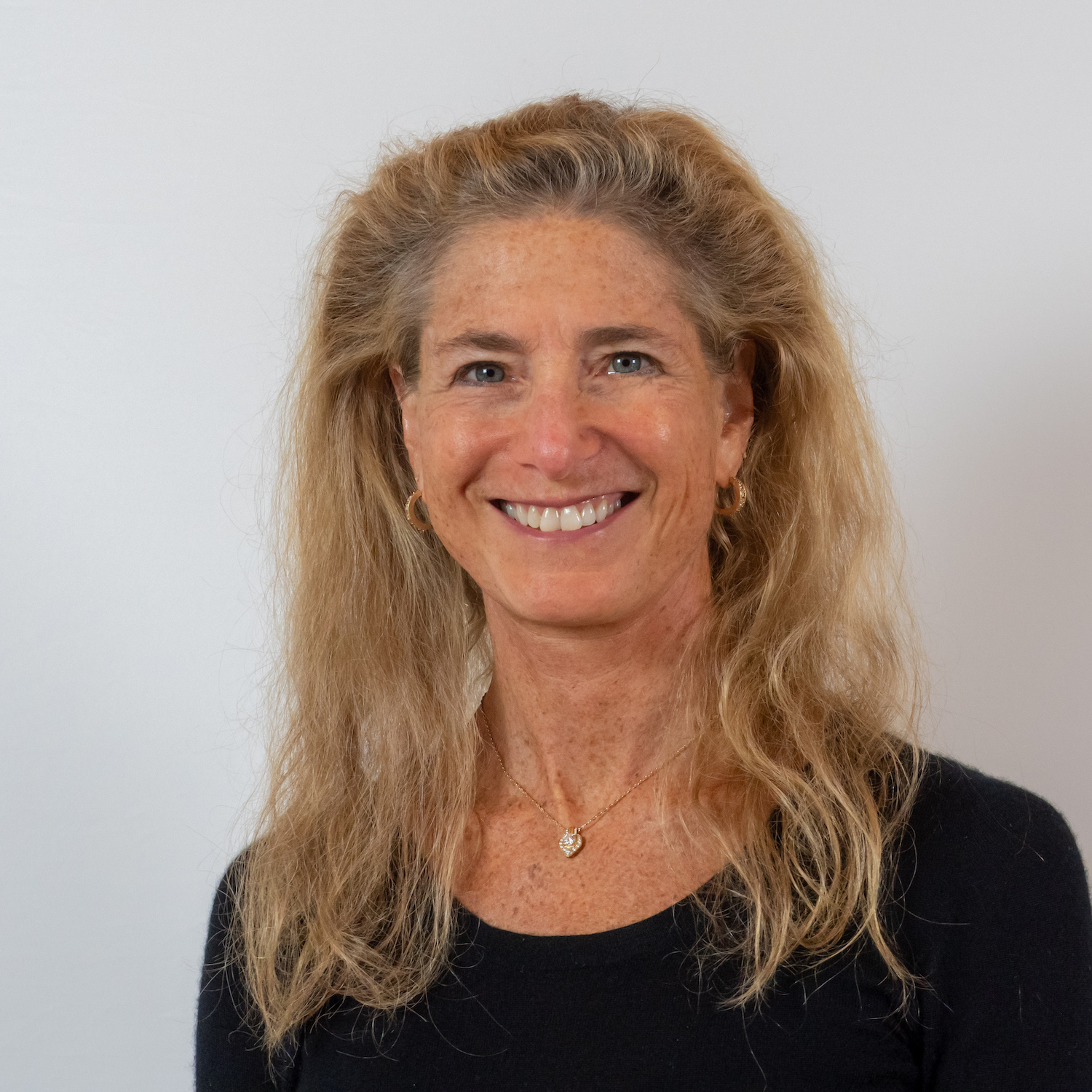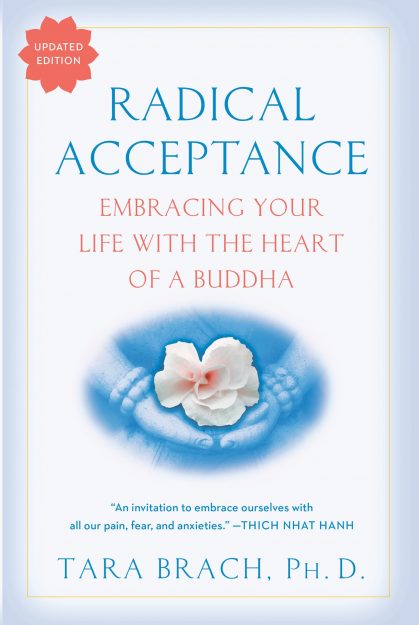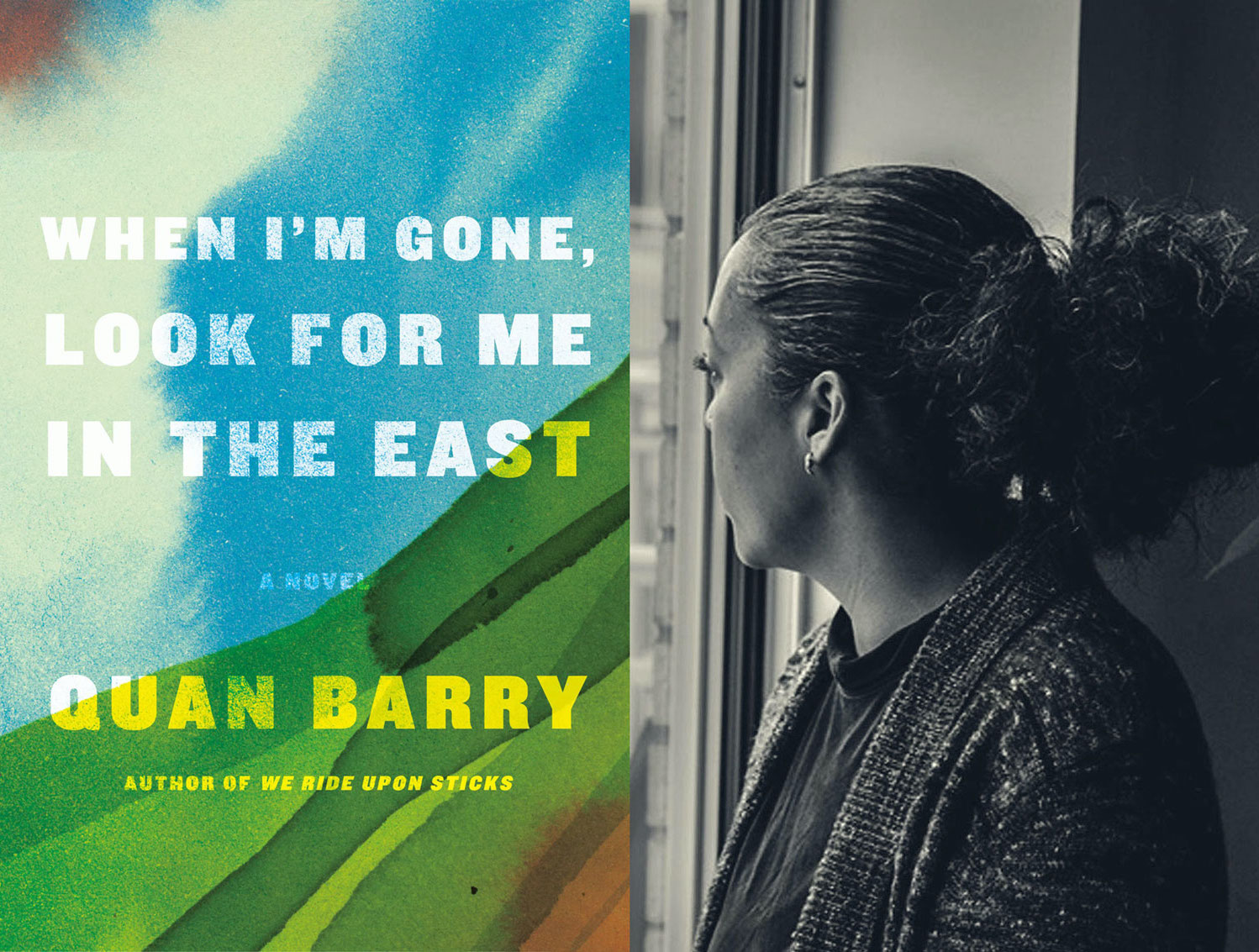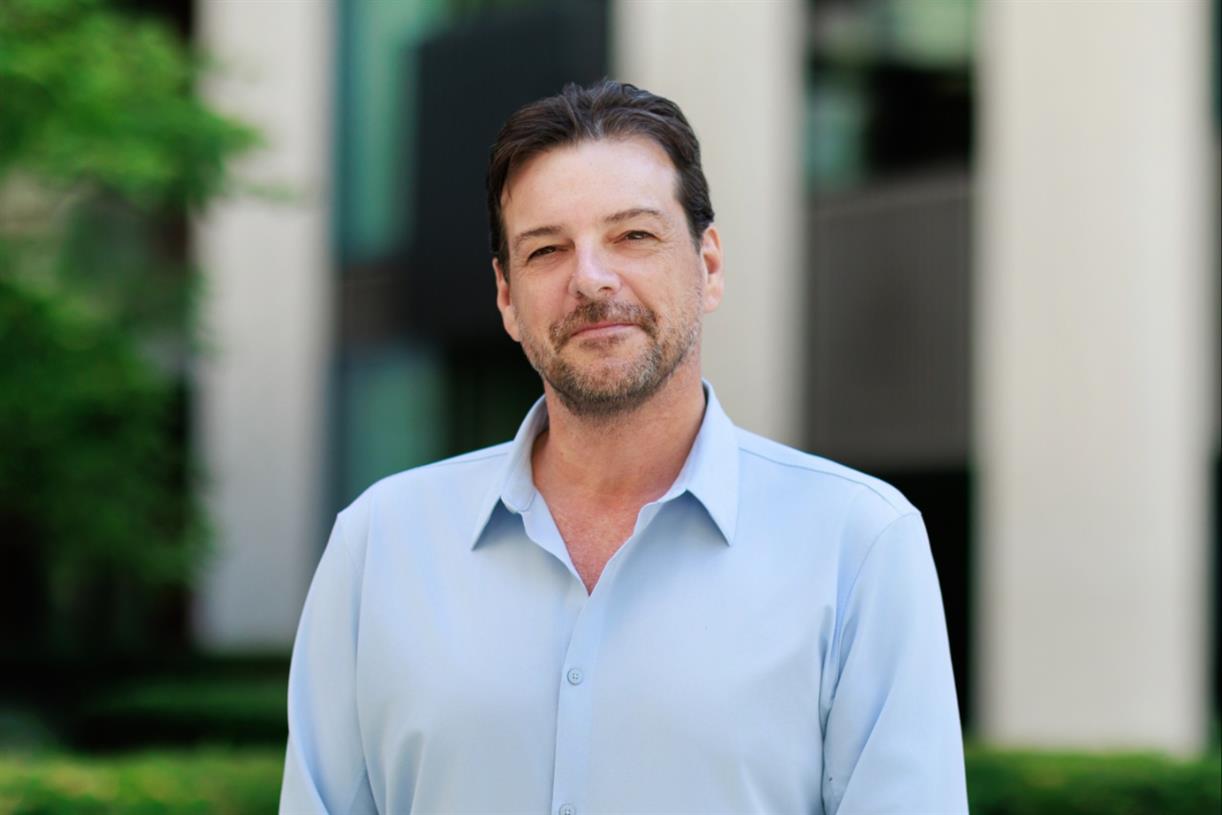Breaking Free of the Trance of Unworthiness
How radical acceptance can free us from feelings of inadequacy and isolation The post Breaking Free of the Trance of Unworthiness appeared first on Tricycle: The Buddhist Review.

It can be so easy to feel like we’re not enough or that we’re somehow insufficient. According to meditation teacher Tara Brach, this feeling of unworthiness is fundamentally a disease of separation, as it alienates us from ourselves and the people around us.
For Brach, one way to free ourselves from this trance of unworthiness is the practice of radical acceptance. In the twentieth-anniversary edition of her classic book, Radical Acceptance: Embracing Your Life with the Heart of a Buddha, she uses a blend of psychology and Buddhist insights to lay out a path to freedom in the face of pervasive feelings of inadequacy and isolation.
In a recent episode of Tricycle Talks, Tricycle’s editor-in-chief, James Shaheen, sat down with Brach to discuss what she’s learning from revisiting the book now, the power of embracing our imperfection, and how we can learn to recognize our own basic goodness. Read an excerpt from their conversation below, and then listen to the full episode.
In the new introduction to Radical Acceptance, you write that we’re living in a collective spiritual crisis. How do you understand this crisis? In the most basic way, we suffer because we have forgotten our belonging to one another, and we’ve forgotten the realness of our connectedness. That includes our belonging to our own being, to our own body, and to the Earth. Forgetting our belonging ends up giving rise to violence. The more there’s fear, the more we go into survival reactivity, and the more we demonize others.
I call it a trance, and the Buddha described it as a dream. We’re cut off from a larger truth. We’re cut off from any sense of our interdependence. And when we get hijacked by fear, we get cut off from executive functioning, which means we can’t learn. We also get cut off from mindfulness, compassion, and empathy. We’re divided from our own wholeness, and we’re divided from each other. According to shamanic traditions, when we are traumatized, the soul goes into hiding. I feel that this is what’s going on right now: the sense of the sacred is missing. We’ve lost touch with the sense of our belonging.
You describe this trance as a trance of unworthiness. Can you say more about this trance? Yeah, it’s pervasive. Humans are insecure, and because of our negativity bias, we’re scanning for what is going wrong. The next step is our sense that something’s wrong with me. The trance of unworthiness is a sense of our own deficiency. When we’re caught in the trance, we don’t remember the larger truth of who we are.
I often tell a story of a woman who was in a coma. At one point her daughter was with her, and she awoke from the coma and looked at her daughter and said, “All my life, I thought something was wrong with me.” And then she closed her eyes, and those were her last words. For the daughter, it was kind of a gift because it shined a light on how we can move through the decades and not realize how our sense of “I’m not OK” is depriving us of intimacy with others. It deprives us of the freedom to take risks and make mistakes, and it deprives us of creativity. The sense that something’s wrong with us really gets in the way of living fully.
When I do hand raises in groups, most people will say, “Yeah, I judge myself too much.” But we aren’t as aware of how it impacts the rest of our lives: how it prevents authenticity, how it makes us more self-conscious, and how it prevents us from being embodied.
Radical acceptance can offer a way through this trance. Radical acceptance is the gateway to loving. We can’t have love unless we are meeting the moment with an awareness that really lets life be as it is. So it’s the beginning of loving ourselves back into healing. And if we can bring acceptance to our sense of a separate self, then we can transcend the separate self.
You also describe the trance of the unreal other. When we’re so caught in our own stories, the people around us can become less real. So how can we work with this trance and instead learn to see others more fully? This is the trance of the separate self. The more fear and stress we experience, the more we other the people around us without noticing it. But we have the blessing of heart practices and trainings, so we can train ourselves to see past the othering.
We have the capacity to see each other, but it takes training. We need to actively cultivate compassion. And the training is actually quite simple: it’s to pause more. Our default is to other, so we just need that sacred act of pausing. And what will signal us to pause is any sense of suffering. Suffering is a signal that we’re not at home in our wholeness. So when suffering arises of any sort, if we can pause, we can bridge the dividedness within our own selves. We can let awareness sense where we’re clenching, and we can offer kindness inwardly. Sri Nisargadatta says that the mind creates the abyss; the heart crosses it.
In a moment that we bring kindness to whatever is going on inside us, there is an enlarging. We’re inhabiting a larger space of being. In that pause, we bridge the inner divide, and then we look more deeply. If I’m feeling disconnected from you, I can bridge the inner divide, and then from that place of wholeness I can start asking, “Where does it hurt? How might you be feeling vulnerable?”
That’s one side of the heart training. The other side is to look to see the goodness: to see how other beings want to know truth, how they want to love and be loved, and how they want to feel at home and feel connected. It may be veiled by fear, but it’s there. If we can start seeing the goodness in others, it draws it out more.
Another aspect of radical acceptance is learning to forgive ourselves and others. Can you say more about how we can recognize our own basic goodness and the goodness of everyone around us? When we’re struggling or suffering, our habit is to make ourselves wrong for it: “I shouldn’t feel this way,” “Others have it worse,” “It’s my fault that I’m experiencing this,” or whatever it is. The alchemy of bringing compassion to ourselves is to get more real with what’s actually going on inside us. What am I really feeling, and what does that part of me need?
When we’re hijacked by saying, “I’m unworthy, I don’t deserve this, I’m bad,” those are the times we most need mindfulness, and those are the times we have the least access. This is where RAIN comes in. RAIN is a four-step practice of mindfulness and compassion that helps us to remember how to arrive back at our goodness. The letters stand for Recognize, Allow, Investigate, and Nurture. If we walk through those four steps, then it loosens the clench of unworthiness, and it creates the space that love can fill. As Sri Nisargadatta put it, “Love tells me I’m everything; wisdom tells me I’m nothing; between the two my life flows.” RAIN reveals that we’re not the identity of self we thought we were. We are everything, and we are nothing. That’s the gift of RAIN.
Some years back, I spiraled down in illness. I was really sick, and I didn’t know why. And not only was I sick, but I also started turning on myself. I’ve talked with many people who have struggled with illness and found that it’s very easy to in some way blame ourselves or feel ashamed of our illness. At one point, I recognized how stuck I was in feeling bad about myself, so I paused to do RAIN.
The R is for Recognize. With recognizing, it helps to mentally whisper what’s going on. So I would whisper, “Recognizing shame, self-judgment.”
The A is for Allow. This brings us into the fullness of radical accepting: we let it be there, not adding judgment to what’s there, not trying to fix it, not trying to make it go away, but just allowing.
The I is for Investigate. I would ask myself, What am I believing? And there was this belief that in some way I was failing. I thought that I wasn’t a good patient, and if I were really a spiritual person, I wouldn’t be so irritable. I was believing in the trance of unworthiness.
What makes investigating work is feeling it somatically. I could feel the twist in my heart and the aching in my belly, so I put my hands on my heart and my belly, which is the beginning of Nurture, and I asked, What does this part that’s feeling failure need? It needed to trust my goodness, and it needed to trust that beyond all my irritability and impatience and everything else coming up there was a pure heart. And so I just started sending that message: Just trust your goodness. I imagined and sensed all the light and love in the universe pouring through me giving me the same message. And in a bit of time, I started sensing that that vast, luminous space was what I was. I had gone through the steps of coming into presence, and that had freed me to inhabit and rest in awareness itself. There was a much larger space.
Now, I had to do a number of rounds of RAIN—it isn’t a one-time practice. But the practice builds our strength in whatever we’re doing. And if we are training ourselves to love ourselves into healing, the more we practice recognizing, allowing, investigating, and nurturing, the more quickly and spontaneously we’ll sense suffering and dissolve it with love. The gift of this practice is that we start trusting that this open, caring presence is more the truth of who we are than any of the passing narratives or emotions. That is the freedom that the Buddha talks about: we’re not caught in an identity as a small self, and we realize that we can inhabit a vast, tender, and awake awareness.

Radical Acceptance: Embracing Your Life with the Heart of a Buddha by Tara Brach. Random House Publishers. Copyright © 2023.

 FrankLin
FrankLin 






























